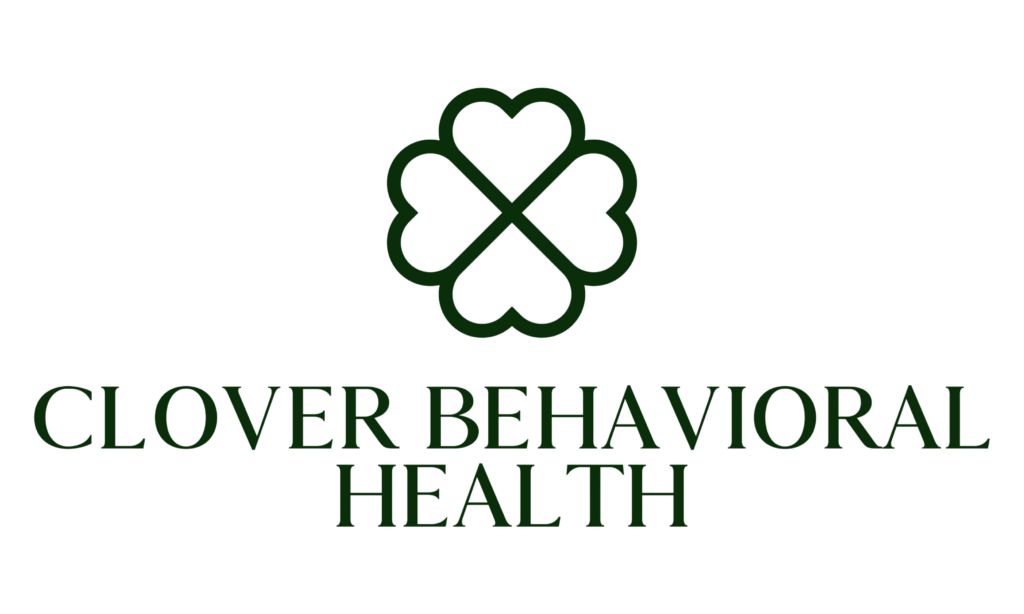Why More Patients Are Choosing Methamphetamine IOP Programs in Massachusetts
You’re standing at your kitchen counter, coffee growing cold in your hands, staring at a choice that feels impossible. On one side, there’s the residential treatment center brochure your sister left on the table. Thirty days minimum. Maybe sixty. Away from your job, your kids, your life. On the other side, there’s the voice in your head whispering that you can handle this alone.
However, there’s a third option sitting between these extremes. One that doesn’t require you to disappear from your life or pretend everything’s fine. It’s called Intensive Outpatient Programming for methamphetamine addiction, and it’s quietly revolutionizing how people get clean while keeping their worlds intact.
The old binary thinking that you’re either sick enough for residential treatment or not sick enough for any help is crumbling. In its place, something more nuanced is emerging. Something that acknowledges that recovery does not have a cookie-cutter solution.
The Reality Nobody Wants To Admit
Treatment centers don’t put this in their glossy brochures: not everyone can just vanish for two months. You might be the single parent who can’t afford to lose custody. The small business owner whose company would collapse without you. The caregiver for aging parents.
Methamphetamine doesn’t care about your responsibilities. It’ll destroy your life whether you’re a CEO or unemployed. But recovery programs? They’re finally starting to understand that life doesn’t pause for healing.
Massachusetts IOP programs are built for people who need serious help but can’t afford to step completely out of their lives. They meet you where you are, literally and figuratively. Nine to fifteen hours a week of intensive therapy, group sessions, and medical support. Evenings and weekends available. You will also receive transportation assistance when needed.
It’s not the easy way out. Anyone who’s attended three-hour group therapy sessions after working a full day knows better. It’s the realistic way forward.
Your Brain Doesn’t Need Permission to Start Healing
The myth that you have to hit absolute rock bottom before getting help has killed more people than any drug ever could. Methamphetamine rewrites your brain’s reward system gradually, then suddenly. One day you’re using it occasionally to stay awake for work. The next, you’re awake for five days straight, wondering how you got here.
Massachusetts IOP programs understand that your brain starts healing the moment you begin treatment, not when you’ve lost everything worth saving. The neuroplasticity research is clear: earlier intervention leads to better outcomes. Your dopamine receptors don’t care if you still have a job or a marriage. They’ll start repairing themselves as soon as you give them the chance.
In group sessions, you’ll meet people at every stage of the destruction process. The executive who’s been hiding her use for two years. The construction worker whose wife just found his stash. The college student whose grades are slipping but whose parents don’t know why. Different stories, same hijacked brain chemistry.
The Power of Living While Learning
Residential treatment creates a protective bubble. Safe, necessary for some, but temporary. Eventually, you have to leave that bubble and face your triggers in the real world. IOP programs skip the bubble entirely. They teach you to navigate recovery while standing in your actual life.
Your triggers aren’t theoretical in IOP. They’re the stress of your commute, the loneliness of your apartment, and the overwhelming demands of single parenthood. Your therapy group becomes a laboratory where you can dissect what happened when you almost relapsed last Tuesday, get immediate feedback, and try a different strategy before the next crisis hits.
Massachusetts programs have perfected this balance. Intensive enough to rewire destructive patterns, flexible enough to accommodate the complexity of real life. You’ll learn coping strategies on Thursday night and test them at your high-stress job on Friday morning. The lessons stick because they’re immediately relevant.
Building Recovery Communities That Actually Fit Your Life
Isolation kills people in recovery. Not just the dramatic kind—overdose, suicide—but the slow kind where you gradually disconnect from everyone who could help. Traditional outpatient therapy, once a week, leaves too much empty space between sessions. Too much time for destructive thinking patterns to take root.
On the other hand, IOP creates community without requiring you to abandon your existing life. Your group becomes a consistent touchstone. Familiar faces who know your story, celebrate your victories, and notice when you’re struggling before you do. Unlike residential treatment, you do not lose contact with the people and activities that make you feel grounded in the outside world.
Clover Behavioral Health in Massachusetts has invested heavily in peer recovery support within IOP programs. Our staff knows what it feels like when colors start looking normal again.
The Family Factor Nobody Discusses
IOP programs in Massachusetts have pioneered family involvement models that work. Your spouse attends their own group sessions while you’re in yours. Your teenagers get age-appropriate education about addiction and recovery. Your parents learn the difference between support and enabling.
These aren’t feel-good family therapy sessions that gloss over the damage. They’re honest conversations about broken trust, financial wreckage, and emotional wounds that need time to heal. And they happen while you’re all still living together, navigating daily life, and having opportunities to practice new patterns immediately.
Finding Real Solutions at Clover Behavioral Health
At Clover Behavioral Health, we realize that methamphetamine addiction does not happen in a vacuum. Our IOP program integrates innovative strategies, which deal with the whole individual, rather than only the substance abuse. Motivational interviewing assists you to discover your reasons to change. Cognitive behavioral therapy rewires the thought patterns of addiction. Trauma-informed care helps treat the wounds that motivate individuals to pursue chemical escape.
Most importantly, our employees know that methamphetamine addiction seldom occurs in isolation. Depression, anxiety, ADHD, and previous trauma are not separate problems to be addressed some time later. They are inseparable strings that need to be untangled together. Hence, our dual diagnosis treatment plan allows you to work on everything without affecting daily functioning.
Ready to Take The Next Step?
Call Clover Behavioral Health today. Our admissions staff recognizes how desperate your decision is and how frightening the desire to seek help may be. We will align with your schedule, insurance, and your unique needs to come up with a treatment plan that fits your reality.














